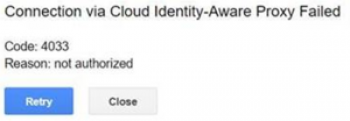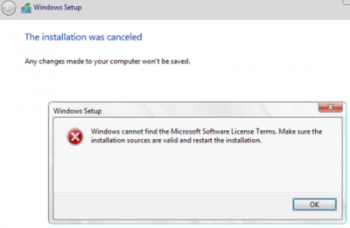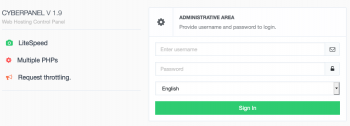Need to know the effectiveness of Windows Defender Antivirus and how to get it installed on your computer? We have put together a complete guide on how to get it done.
As part of our Server Management Services here at Ibmi Media, We regularly help our customers Install Software on their Windows Computer.
In this context, we shall look into how to install Windows Defender Antivirus.
More Information about Windows Defender Antivirus?
Windows Defender Antivirus is a Microsoft anti-malware component of Microsoft Windows which is usually shipped with the Operating System.
It is available on Windows Server 2016 as well as on Windows Server 2019 and also known as Microsoft Security Essentials.
How to install Windows Defender Antivirus on Windows Servers 2016 and 2019?
We will take you through the steps to install Defender Anti-virus.
1. Enable Windows Server 2016 or 2019's User Interface
By default, Microsoft Defender Antivirus program is shipped with Windows Server 2016 or Windows Server 2019. It comes with a GUI for easy administration of the Anti-virus program.
If it is not installed, you can simply enable it via the Add Roles and Features Wizard or through PowerShell.
From the Add Roles and Features Wizard, you can turn on the GUI by following the steps below;
i. Go to the Add Roles and Features Wizard.
ii. Next you will see the Features stage of the wizard located under Windows Defender Features. Then Select the GUI for Windows Defender Option.
With PowerShell, you can turn on the GUI by running the command below to enable the interface;
Install-WindowsFeature -Name Windows-Defender-GUI2. Actual Installation of Microsoft Defender Antivirus on Windows Server 2016 or 2019
To complete the installation of Microsoft Defender Antivirus, you can either use the Add Roles and Feature Wizard or directly from the PowerShell.
i. When using the Add Roles and Features Wizard, when you get to the Features stage of the wizard, simply select the Microsoft Defender Antivirus option. Additionally, select the GUI for the Windows Defender Option.
ii. To install Microsoft Defender Antivirus via PowerShell, you can run the command below;
Install-WindowsFeature -Name Windows-Defender3. How to verify that Microsoft Defender Antivirus is active and running?
From the PowerShell command prompt, run the following command to confirm if the Antivirus service is running or not;
Get-Service -Name windefend
To check the status of the Firewall protection, run the command below;
Get-Service -Name mpssvc
Alternatively you can use Windows Command prompt to verify if Microsoft Defender Antivirus is running or not with the command below;
sc query WindefendOther Security Measures and Tasks to further secure Windows
To further Secure Windows Operating system, ensure that the Windows Update Service is up and running. Updating the System will help to keep the anti-malware Security Intelligence service up to date.
There are different methods of turning on updates;
i. Activating Windows Update from the Control Panel.
ii. Windows Update Management from the Group Policy which is available in the following path;
"Administrative Templates\Windows Components\Windows Update\Configure Automatic Updates"
iii. Enabling Windows Update from the AUOptions registry key.
Note: Make sure the "Windows Error Reporting service" and the "Windows Update service" is enabled to keep the system free from Malware and external attacks.
Need Support in Solving Windows Security Issues? We are available to help you today.
Conclusion
This article will guide you on how to install Windows Defender Anti-Virus.
This article will guide you on how to install Windows Defender Anti-Virus.














